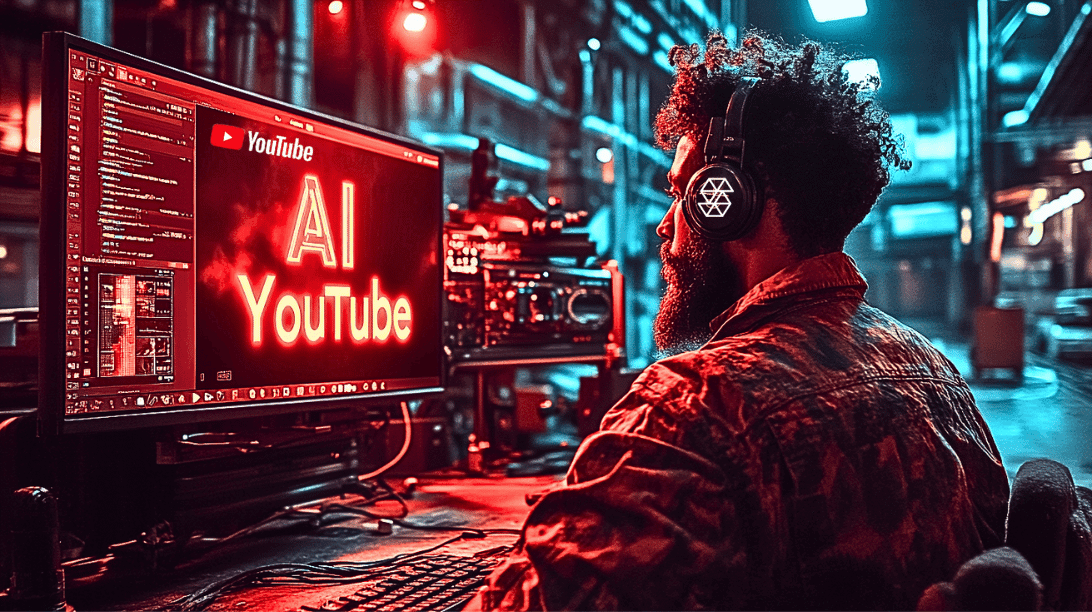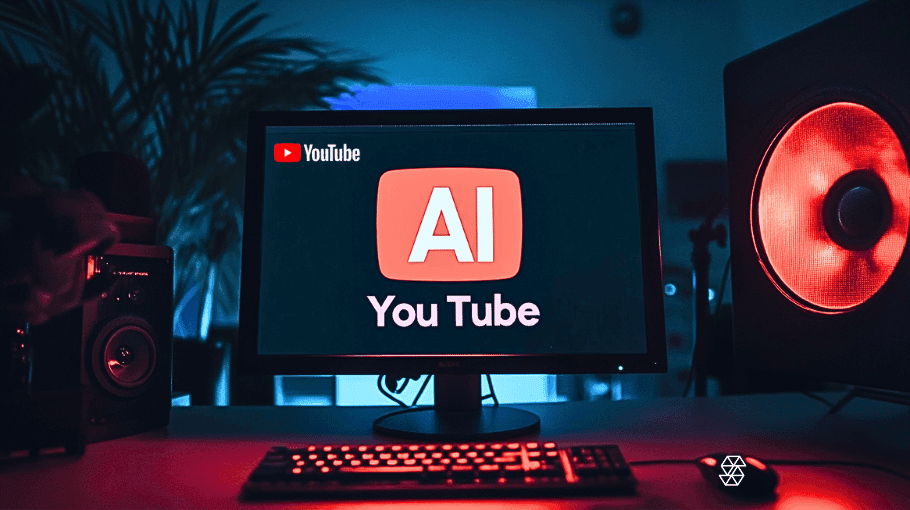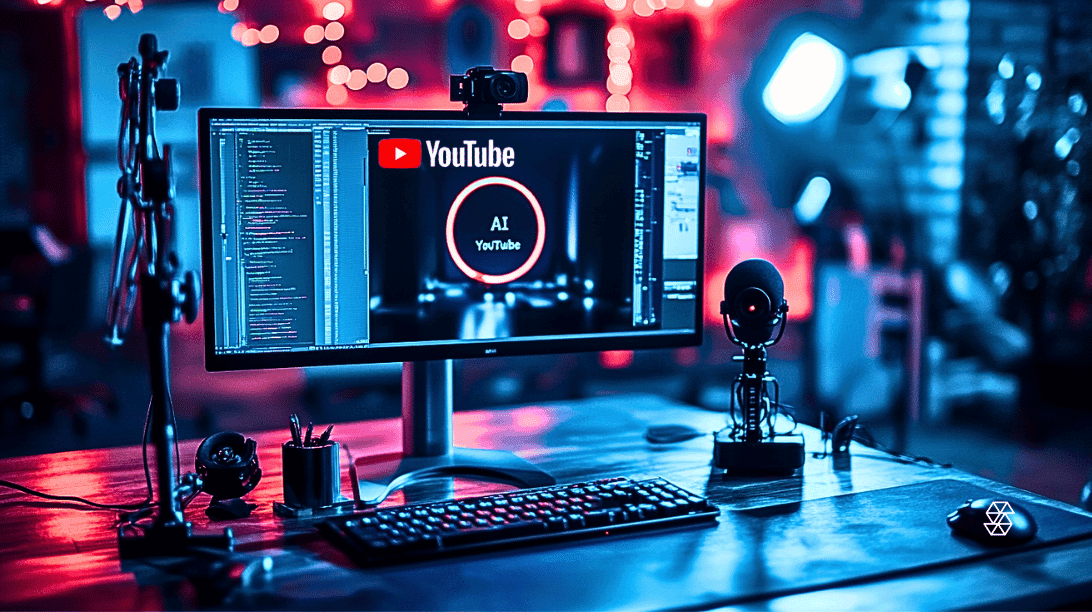AI & You #6: Generative AI doesn’t care about your Copyright, yet!
AI & You #6: Generative AI doesn’t care about your Copyright, yet!
Hey Subscriber,
Diving deeper into the complex realm of AI, this week we’re tackling the ever-evolving issue of content ownership and copyright in AI-generated material. From understanding who holds the rights to AI-created content, to uncovering strategies to mitigate potential copyright risks associated with LLMs, we’re building a helpful roadmap for navigating the somewhat muddled waters of AI and copyright law. If you have questions about how your company can leverage generative AI in a copyright friendly way, comment or message and we’d be happy to help.
Please subscribe, share and like if you enjoy the content!
In the fast-paced world of digital innovation, pressing issues continually surface, challenging our understanding of the status quo. One such issue lies at the intersection of copyright law and artificial intelligence. As generative AI platforms like ChatGPT grow more advanced and widespread, they introduce new complexities that push against our existing legal structures.
The Intersection of Generative AI and Copyright
The intertwining of generative AI and copyright presents a complex dilemma. These AI models, in their learning phase, can consume copious amounts of copyrighted content sourced from the internet, including articles, copyrighted reports, and variations of artwork, amongst others. This raises a crucial query: Does an AI model’s creation of original outputs, after being trained on copyrighted content, amount to copyright infringement?

Legal Challenges and Debates
Legal debates and challenges are foreshadowing what is likely to be a significant shift in copyright law. Artists have recently filed lawsuits against AI system creators and tech firms, alleging that their works were improperly used to train AI models.

The EU’s Stance on AI and Copyright
As the US grapples with these complex issues, the European Union (EU) is taking proactive steps to address the matter. The EU is drafting the AI Act, which could establish the world’s first comprehensive laws governing AI.

https://skimai.com/who-owns-the-rights-to-ai-generated-content/
How Can You Mitigate Copyright Risks in the Age of Generative AI?
With all of these challenges laid bare, the question remains: how can we navigate and mitigate the potential copyright risks inherent in the age of generative AI?
As generative AI systems produce human-like content by drawing from vast amounts of training data, they inevitably cross paths with the rich amount of intellectual property present on the internet. While these AI systems don’t explicitly replicate the content they’ve consumed, the possibility of inadvertently generating outputs too similar to existing copyrighted material is real.

Training Data and the Training Process
The quality and nature of the data used to train AI models are instrumental in determining their capabilities and, consequently, their potential to inadvertently infringe upon copyright laws. The training process involves feeding vast amounts of data into an AI system, enabling it to learn, adapt, and generate outputs. However, this process also introduces the risk of copyright violation if the training data includes copyrighted content.

The training process, in its current form, does not typically involve mechanisms that check for copyrighted material within the training data. However, this is changing. AI developers will need to integrate safeguards into the training process that can flag potential copyright infringements and help prevent them.
Protecting End Users, Organizations, and Developers
As we consider the multi-faceted complexities surrounding copyright infringement and generative AI, the role of end users cannot be understated. Many are likely unaware of the potential legal implications associated with using AI-generated outputs. They can protect themselves by seeking assurances from AI providers (think clauses of indemnification in contracts or agreements).

When it comes to organizations and developers, a novel opportunity unfolds: the modification and utilization of Large Language Models (LLMs) that are trained exclusively on free and Creative Commons-licensed information. In addition, private LLMs could be customized with additional constraints or ‘guardrails,’ ensuring they do not ingest confidential or proprietary information.
Taking a proactive stance in mitigating copyright risks with measures like these not only helps to avoid potential legal issues, but also contributes to a healthy and sustainable AI ecosystem.
https://skimai.com/mitigate-copyright-risks-of-generative-ai/
Thank you for taking the time to read AI & YOU!
*Skim AI is a Machine Learning and Artificial Intelligence consultancy that educates executives, performs due-diligence, advises, architects, builds, deploys, maintains, updates and upgrades enterprise AI across language (NLP), vision (CV) and automation based solutions.
*Chat with me about Enterprise AI
*Follow Skim AI on LinkedIn






